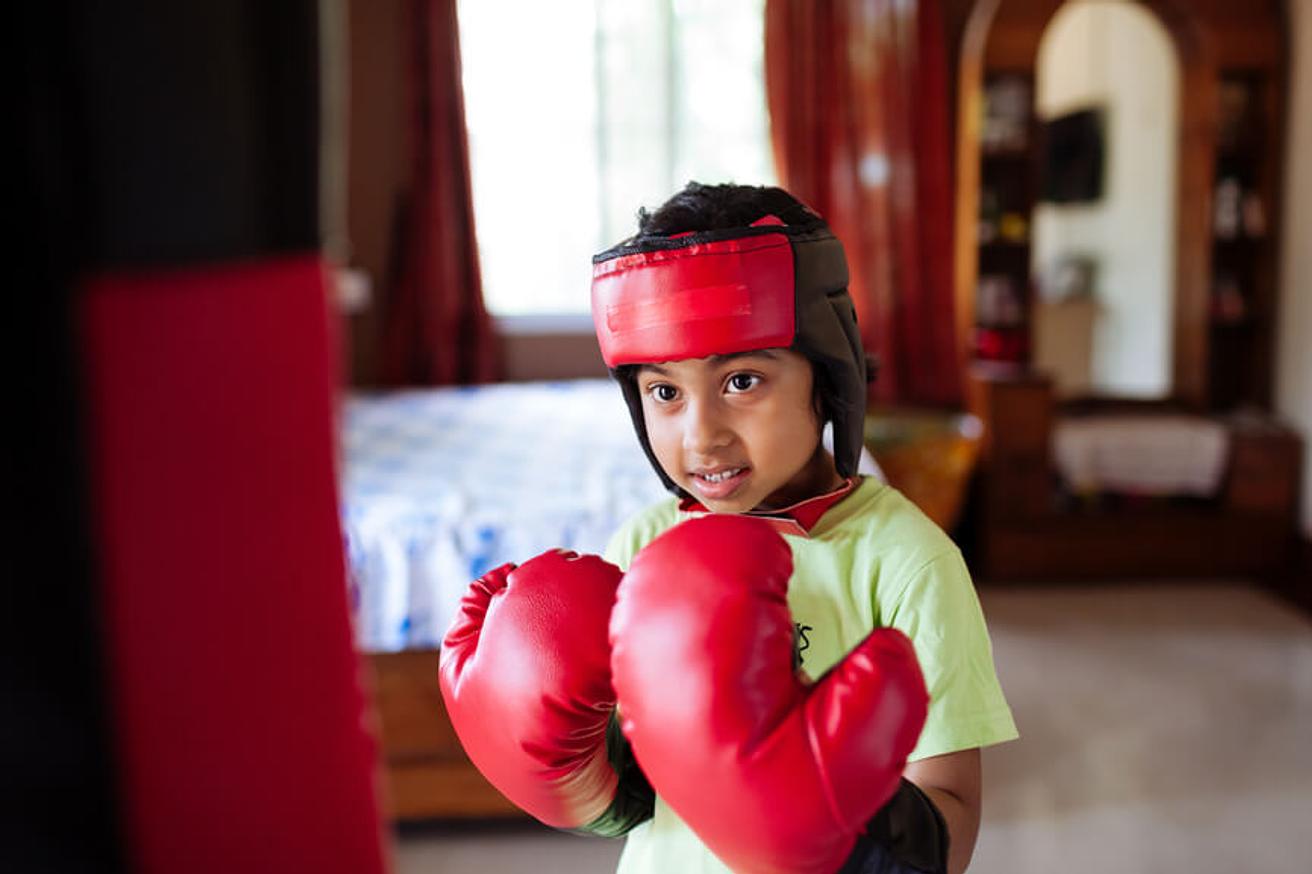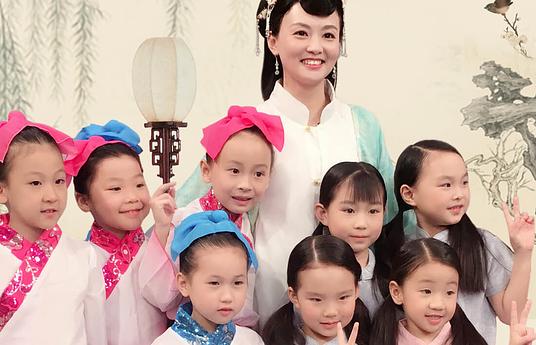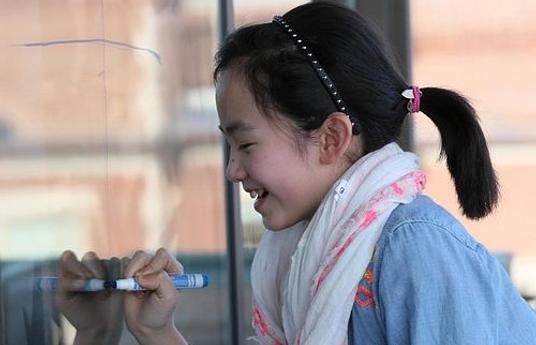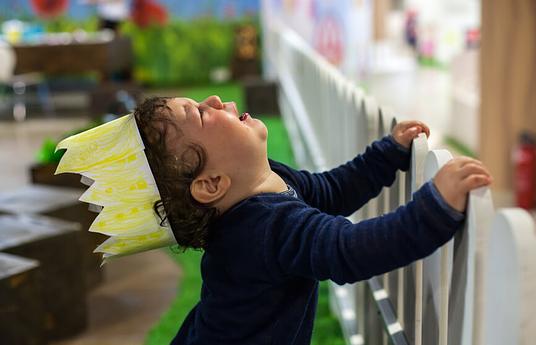Literacy and maths – they’re the giants of education. No one denies their importance and they’re pretty much the two things that continue to matter all the way from the start of school to the very end. Every school wants to do well in them and every student needs good grades in them for jobs and university applications. Pretty intimidating right?
For those who are bound to strict subject guidelines never fear – we have found some invigorating ways to make even the oldest and most stubborn of subjects joyful. Take literacy for example.
Literacy is a mainstay tentpole of education and is still considered one of the key areas teachers and students should focus on. What with the internet creating a never-ending blank canvas for content – competent creative writers have never been in higher demand. However as literacy is a subject everyone is forced to take motivational issues can become a problem over time, especially with boys who are particularly at risk of disengaging from literacy and suffering from poor writing skills.
Night Zookeeper gets to the heart of motivational issues by providing a digital environment that energises literacy and makes writing a fun and colourful experience. Issues of motivation have been approached from the child’s point of view and a love for writing is inspired through stories, characters and games which motivate children to produce their best writing. Work can also be published on a class blog which gives the students a sense of audience and purpose for their writing for further motivation.
Poetry is often seen as a dying art, one which isn’t important or relevant anymore even though school curriculums will often keep poetry on the syllabus. However, whether your students are into rap and hip-hop or spend every spare moment on Instagram – their lives are being influenced by poetry. The rise of insta-poets, the long-standing attraction of rap music and the shortening of attention spans – meaning short-form content is actually back on the rise – means poetry has never been more relevant.
Ting Ting Poetry is reinvigorating poetry education in China by using music, art and television to create and use songs that are entertaining and appealing to students. Songs help make it easier for children to understand the meaning of a poem and by allowing students to sing and write songs with poems, and record and share these online, they're bringing the fun of music and the ease of modern technology into traditional poetry education.
The rise of insta-poets, the long-standing attraction of rap music and the shortening of attention spans – meaning short-form content is actually back on the rise – means poetry has never been more relevant.
"
Whereas literacy is a particularly prevalent issue for boys, maths is often equally difficult to engage girls in and can start occurring from a very early age. This creates issues later down the line where we have too few women working in the STEM industries. This may seem like a simple choice issue, but any industry that suffers from chronic underrepresentation is going to have negative knock on effects for society as a whole.
SHINE for Girls is an after-school programme founded in the US, combining formal dance training with mathematic instruction to help young girls become confident and capable mathematicians. The programme is based on the idea that every girl is good at maths – they just might not know it yet.
The girls work in teams to solve tough challenges, showing determination and setting high expectations of themselves to boost morale and self-esteem. Team problem-solving sessions are led by a mentor, who can be a female STEM university student or a school student who has graduated from the SHINE for Girls programme. The mentors help to create a sense of community and encouragement and also provide the girls with inspirational role models in the field of STEM.
Even the basics of maths can be shaken up with a bit of fun, Times Tables Rockstars is a gamified, child friendly approach that takes the boredom out of learning times tables. Children are inspired to become ‘rockstars’ through fun and structured daily practice. The programme is gradual and sustainable, covering a different times table each week and blending division with multiplication to strengthen mathematical understanding. The rockstar theme makes learning times tables something inspiring rather than boring and teachers can create an exciting atmosphere by wearing outrageous rock wigs, using inflatable guitar props and playing rock anthems. Of course this approach is much more engaging, exciting and fun, after all what kid doesn’t want to be a rockstar?
Although education can very much seem like a David and Goliath situation – whether it be the teacher vs governing or evaluating bodies or the student vs literacy or maths, taking down those big monsters and emerging triumphant can be helped along with a little fun. So go ahead, sprinkle a little fun over those lessons and watch the joy (and learning) grow.




